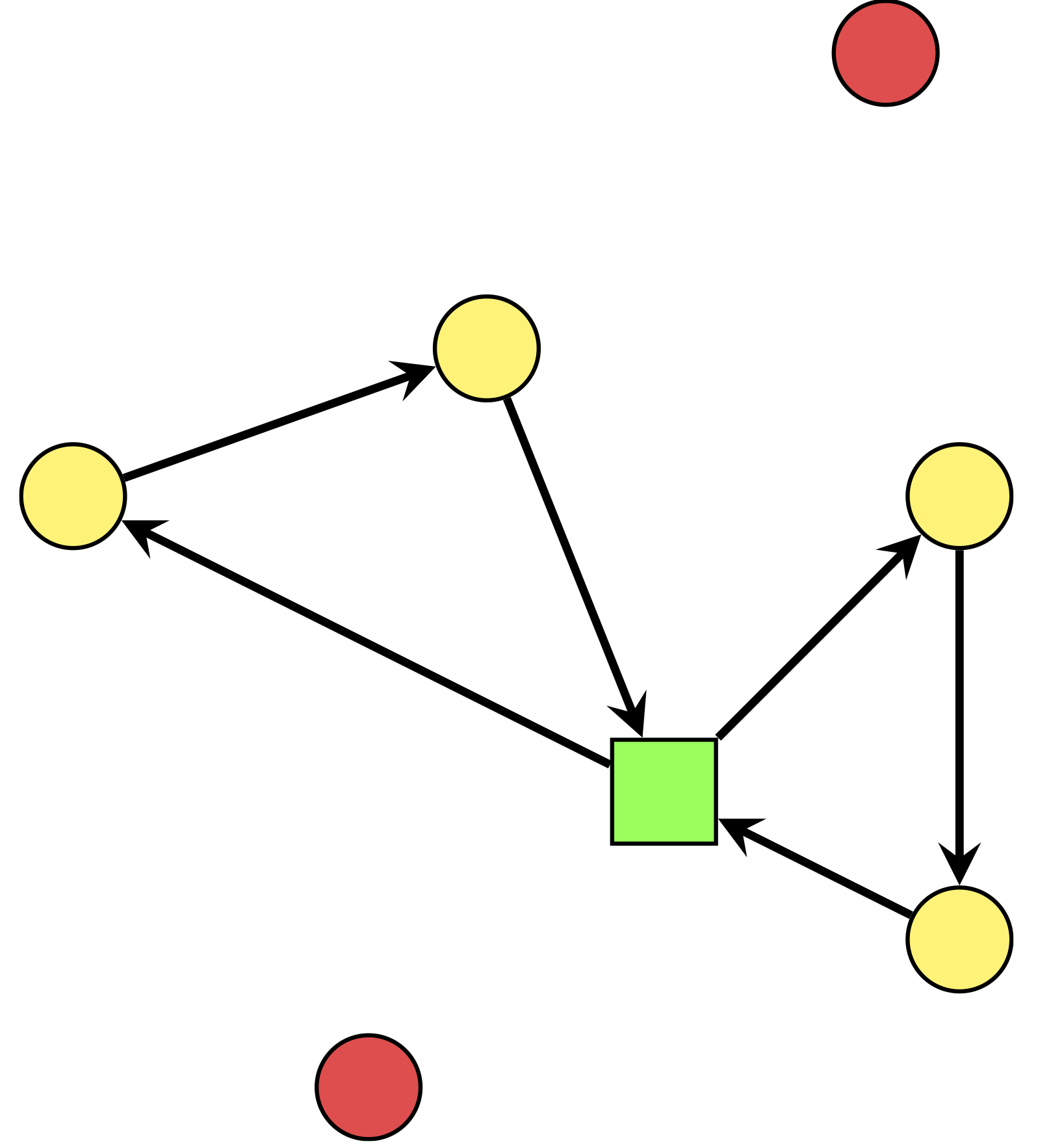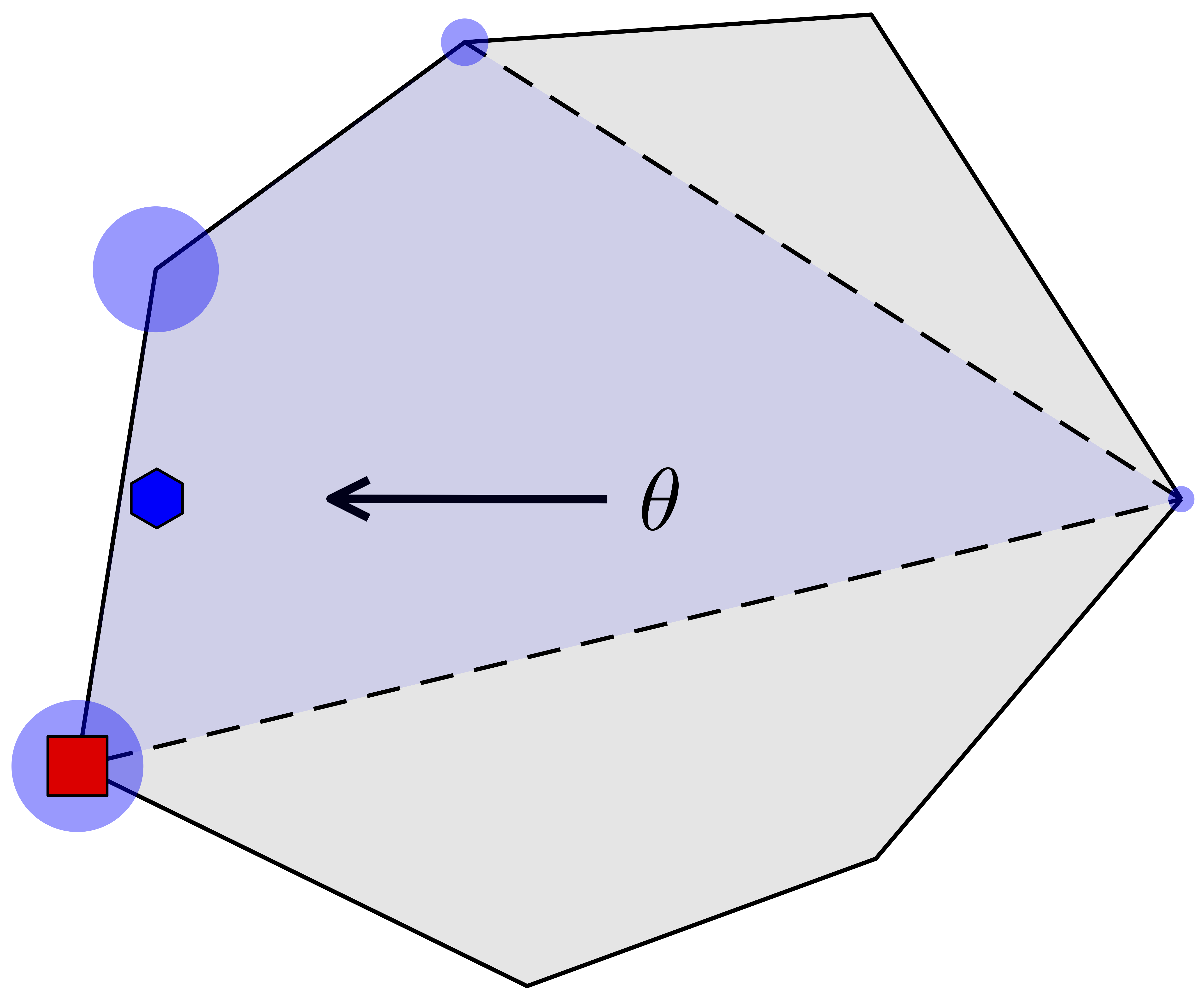ABSTRACT. Vehicle routing and vehicle scheduling problems are extensively studied in the literature, and extremely efficient algorithms are now available to tackle them. Both exact and heuristic approaches exist to solve these pure vehicle routing and scheduling problems. For example, the Vehicle Scheduling Problem (VSP) can be exactly solved by a flow linear program, and the Capacitated Vehicle Routing Problem (CVRP) can be exactly solved using Branch-and-Price, or heuristically on larger instances using the state-of-the-art Hybrid Genetic Search (HGS). However, algorithms for variations of these pure problems are often not as efficient, and have difficulty to scale on large instances. An example of this setting is the Stochastic Vehicle Scheduling Problem (StoVSP), a variation of the VSP where travel and task times are randomly perturbed after the vehicle routes are chosen, the objective beeing to minimize the average total delay of the tasks. StoVSP can be solved with column generation on instances with up to 25 tasks, but then fails to scale and generalize to larger instance sizes. Another example is the Dynamic Capacitated Vehicle Routing Problem with Time Windows (Dynamic-CVRPTW), a multi-stage variation of the CVRP, for which the HGS does not apply anymore. Using pure vehicle routing and scheduling problem algorithms as Combinatorial Optimization (CO) layers in Machine Learning (ML) pipelines can be a way to generate good algorithms for their variations. We present such hybrid pipelines for the two variations presented above, implemented by leveraging InferOpt.jl, our open source Julia package gathering several state-of-the-art methods for integrating CO algorithms in ML pipelines. For the StoVSP, we learn a pipeline containing a VSP flow algorithm, and are able to generalize and obtain solutions with small gaps on instances with up to 1000 tasks. For the Dynamic-CVRPTW, we learn a pipeline containing a modified HGS as a CO layer, and use it at each stage to retrieve a good policy.

